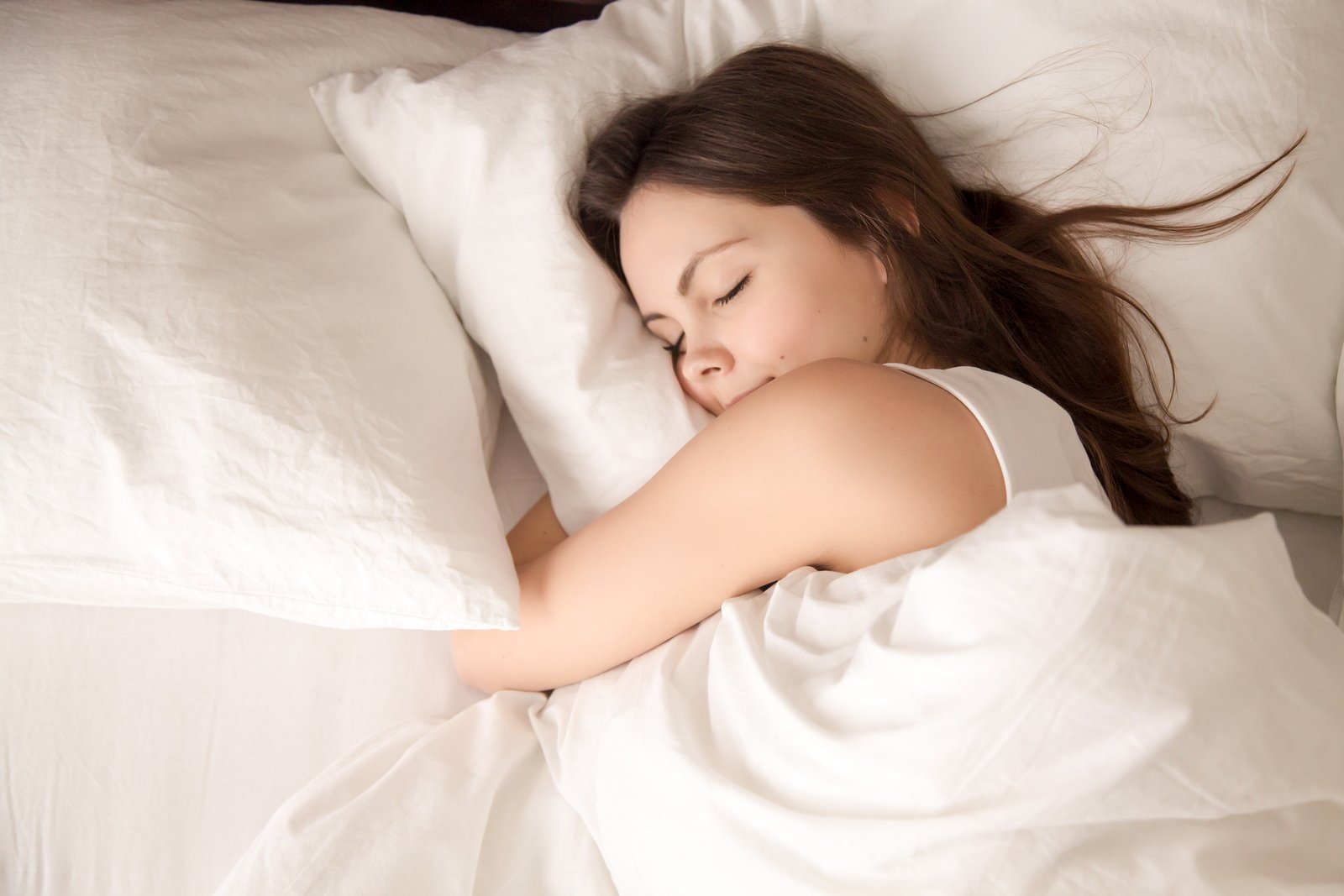Poor sleep is a common problem, one that will affect all of us at some point in our lives. Although occasional lack of sleep doesn’t pose much of a risk, continual or chronic sleep deprivation can lead to excessive daytime sleepiness, affect mental health and mood and have serious health implications.
Chronic sleep deprivation has been linked to increased stress, diabetes, cardiovascular disease, obesity and even early mortality. Not getting enough sleep alters your ability to function normally. Other symptoms include: irritability, forgetfulness, lack of motivation, clumsiness, depressed mood, difficulty learning new concepts, increased appetite and excessive carbohydrate cravings.
So just how much sleep do you need to be healthy? Although sleep requirements can vary from one person to the next, most healthy adults require between seven and nine hours of sleep each night to function at their best.
Here are some healthy lifestyle tips to help you sleep better at night.
Give yourself time to get enough sleep.
Sleep should be a priority, so plan your day appropriately so you are able to get seven to nine hours of sleep each night.
Stick to a sleep schedule.
This can be difficult, to be sure, but sticking to a consistent sleep schedule, even on the weekends will help keep your body in a normal circadian rhythm. Try to go to bed at the same time each night and get up at the same time every morning.
Get regular exercise.
There is a link between moderate to high intensity exercise and improved sleep. For most people, exercise increases energy and wakefulness, so try to get your exercise done early in the day, rather than right before bed.
Eat less at night.
Consuming a heavy dinner or late night snack can cause indigestion and insomnia. Lighten up your dinner and avoid any snacks that might cause indigestion or upset your stomach, such as dairy, fried or spicy foods.
Create a sleep-inducing environment.
A dark, quiet, cool environment is best to promote sleep. Keep your bedroom temperature between 65 and 75 degrees Fahrenheit, reduce the volume of outside noise with headphones or ear plugs, and use blackout shades or a sleep mask to help ensure a restful night’s sleep.
Turn off electronics.
Blue light emitted from electronics interrupts sleep patterns. Keep electronics out of your room at night, or at least turn the power off before heading to bed. Make a habit of turning the TV and other electronics off an hour before bedtime to give your mind and body plenty of time to unwind.
Establish a relaxing bedtime ritual.
Take a warm bath, practice relaxation exercises, meditate, read a book or write in your journal. Find an activity you can do that helps you relax before bed (and doesn’t require the use of electronics).
Limit caffeine, alcohol and nicotine before bed.
Drinking coffee and other caffeinated drinks can affect your sleep. Cut caffeine out four to six hours before bedtime (this includes coffee, tea, chocolate, soda and even some pain relievers). Likewise, avoid tobacco products or drinking alcohol at least an hour before bedtime as it can act as a stimulant in your body.
Lack affects nearly every aspect of your daily life, from your concentration and productivity to health and wellness. Keep these healthy lifestyle tips in mind to help ensure you get better sleep each night.





